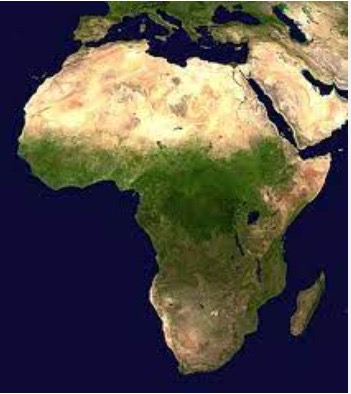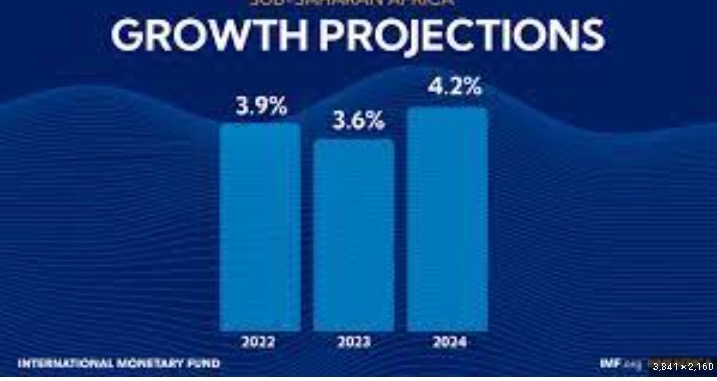“I am delighted and honoured to be in your midst today to address the distinguished members of the British Parliament. As the Chief of Defence Staff of a developing country and the President of the ECOWAS Chiefs of Defence Staff, I thank the organisers and take the invitation to share my thoughts on the topic “Towards Reinforcing Peace and Stability in the West African Sub-region” with the utmost sense of responsibility.
These were the words of General Christopher Musa when he addressed the distinguished members of the British Parliament in the United Kingdom recently as he addressed the crucial subject “Towards Reinforcing Peace and Stability in the West African Sub-region.” Recognising the interdependence of international security, he underlined the value of international cooperation and expressed gratitude for the UK’s long-standing support of peace initiatives in sub-Saharan Africa.
According to the 2023 World Bank Report, “In the face of rising conflict and violence, the imperative for global collaboration is evident. The complexities of modern security demand concerted efforts to reinforce peace and stability in regions grappling with multifaceted challenges.”
Challenges to Stability in Africa
Citing a July 2023 World Bank analysis that revealed the detrimental effects of increased war and violence on economic activity, the Chief of Defence Staff emphasised the complex issues that Africa faces. Poverty, high rates of illiteracy, and the spread of small arms and light weapons (SALW) were found to be contributing reasons for instability, with an estimated 462 million people living in extreme poverty.
Nigeria’s Domestic Security Situation
He also discussed the country’s security environment, highlighting the military’s role in combating terrorism, insurgencies, and other criminal activities throughout the previous 20 years. Notably, the Chief of Defence Staff outlined non-kinetic measures, including cooperation with state governors and educational initiatives, to overcome these issues and brought attention to the role that poverty and illiteracy play in terrorist recruitment.
Threats Across Borders and Security Vulnerabilities
The Chief of Defence Staff spoke about the vulnerabilities in border security, highlighting the effects of religious extremism, terrorism, and organised crime. In addition to suggesting technological improvements for surveillance, he emphasised the significance of a national security culture that promotes alertness and challenges incongruent circumstances.
Peace and stability in sub-Saharan Africa
With a focus on the Sahel, General Musa emphasised the grave risks brought about by the spread of small arms and light weapons, citing startling data on the worldwide circulation of weapons. The necessity for regional cooperation was highlighted by the growth in terrorist acts, coups, and political unrest in surrounding nations, in addition to the difficulties with maritime security.
ECOWAS Interventions and Challenges
Saluting the ECOWAS interventions, General Musa spoke on a particular ‘Operation Restore Democracy’ in the Gambia and also pointed out that these operations are capital-intensive. The sub-region was found to have inadequacies in defence capabilities, even with international backing, which made cooperation with allies like the UK necessary to maintain long-term peace and stability. “The ECOWAS member states have in the past intervened militarily and are still conducting supporting and stability operations within the sub-region. Worthy of note is the ECOWAS intervention in the Gambia code named ‘Operation RESTORE DEMOCRACY’,” he said.
Areas of Collaboration Between the UK and Nigeria
The Chief of Defence Staff thanked everyone for their support, both past and present, and stressed the importance of all-encompassing efforts that include both military and non-military measures. He urged the UK to support the ECOWAS Standby Forces in strengthening their moral, military, and organisational aspects, emphasising the value of the UK’s longstanding cooperation in intelligence sharing, military support, and capacity building. According to him, “There is also ongoing collaboration with regional partners to strengthen law enforcement capacities, improve border security, and dismantle criminal networks. For me, military action is only about 25–30% of the efforts needed for the attainment of peace and stability.”
The Chief of Defence Staff concluded by reiterating how important an all-encompassing strategy is to long-lasting peace. Acknowledging the UK’s past cooperation in security affairs, he demanded sustained assistance in enhancing ECOWAS capacities and requested the UK’s assistance in protecting and stabilising sub-Saharan Africa, while also acknowledging the continuous efforts to increase capacity in the region.
Reaffirming thanks and demands for coordinated efforts to bring about long-lasting peace in West Africa. “Military action, though crucial, constitutes only a fraction of the comprehensive efforts required for sustainable peace and stability. The collaboration between West African nations and the United Kingdom stands as a testament to the necessity of combining military and non-military actions.” —International Security Cooperation.


